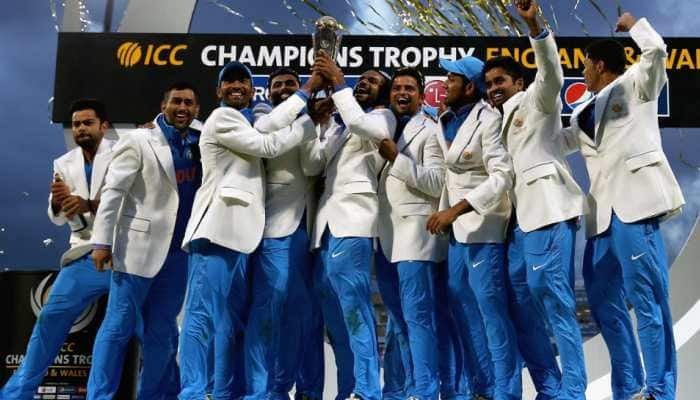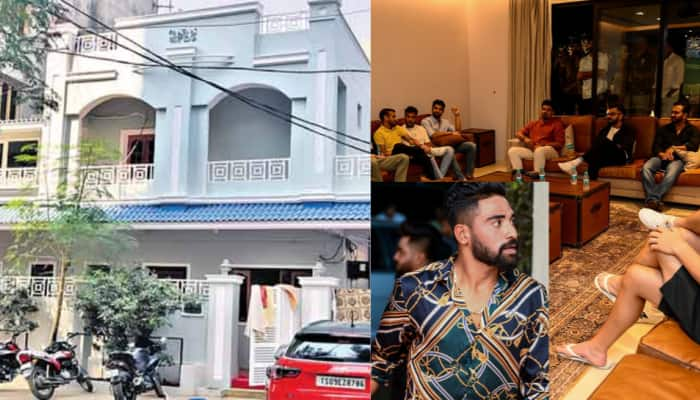New Education Policy emphasises on making 'job creators' instead of 'job seekers': PM Narendra Modi
Prime Minister Narendra Modi on Saturday (August 1, 2020) said the New Education Policy announced by his government emphasises on making 'job creators' instead of 'job seekers'.
- New Education Policy emphasises on making 'job creators' instead of 'job seekers': PM
- Attempts are being made to transform the intent and content of education in the country: PM
- The role of the youth is very important in achieving the goal of 'ease of living' to give a better life to the poor: PM
Trending Photos
)
New Delhi: Prime Minister Narendra Modi on Saturday (August 1, 2020) said that the New Education Policy announced by his government recently emphasises on making 'job creators' instead of 'job seekers'.
The PM also asserted that ''there is now systematic reform in India's education system and attempts are being made to transform intent and content of education.''
The PM added that the ''New Education Policy is keen on inclusion, right from primary education. In higher education, the aim is to increase the gross enrolment ratio to 50% by 2035.'' Sharing more details, the PM said, ''In the national education policy, flexibility has been given great importance. There are provisions for multiple entries and exits. It won't just be a small lane for students.''
Addressing the finale of the Smart India Hackathon, the PM said the New Education Policy-2020 announced earlier this week emphasises on inter-disciplinary study which will ensure that the focus is on what the student wants to learn.
“In a fast-changing world, India will have to swiftly change itself to play an effective role,” PM Modi said addressing the Smart India Hackathon. The role of the youth is very important in achieving the goal of 'ease of living' to give a better life to the poor, he told students.
Students will enjoy the advantage of an academic bank of credit which will store all the academic credits acquired. This can be transferred and counted in the final degree, the PM said.
The PM concluded by saying, ''We're shifting from the burden of school bags to the boon of learning. For years, the limitations of the system has had an adverse effect on the lives of students. Our new education policy is people and future-centric.''
The Grand Finale of the software edition in 2020 was being organized online by connecting all the participants throughout the nation together over a specially-built advanced platform.
More than 10,000 students competed to solve 243 problem statements from 37 central government departments, 17 state governments and 20 industries.
As the outcome of Smart India Hackathons till date, around 331 prototypes have been developed, 71 startups are under formation, 19 startups are successfully registered.
Further, 39 solutions have already been deployed at various departments and around 64 potential solutions have been funded for further development.
Stay informed on all the latest news, real-time breaking news updates, and follow all the important headlines in india news and world News on Zee News.
Live Tv







)
)
)
)
)
)
)
)
)
)
